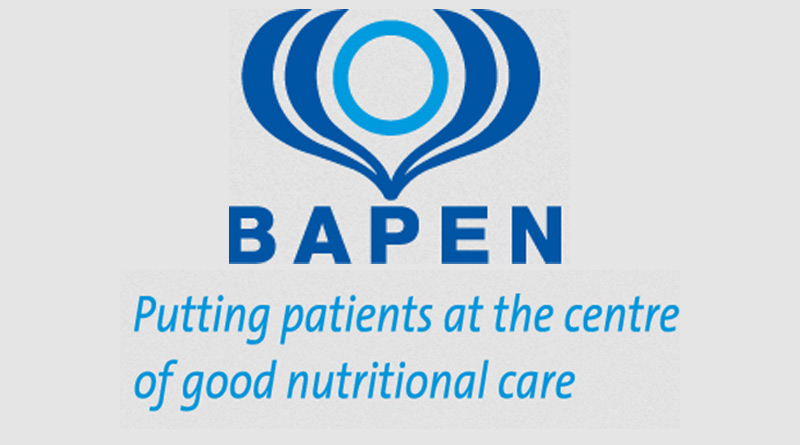Survey Shines A Light On The Prevalence Of Malnutrition In UK Health And Care Settings
Results from the BAPEN Malnutrition and Nutritional Care survey reveal that nearly half (45%) of all adults screened across health and care settings in the UK were found to be at risk of disease-related malnutrition – the highest figure since this screening begun four years ago (2021, 39%; 2020; 40%, 2019; 42%).
The survey, which was carried out in October 2022, found that the prevalence of malnutrition was highest in individuals with cancer (62%), gastrointestinal conditions (50%), respiratory conditions (48%), frailty (45%) and neurological diseases (43%).
When assessing malnutrition prevalence by setting, the findings indicate risk is highest in those in their own homes (56%) and in residents in care homes (55%). In hospitals, 44% of patients were at risk of malnutrition.
Using the Malnutrition Universal Screening Tool (‘MUST’) – the most used malnutrition screening tool in the UK – the survey screens adults of all ages and from a range of settings and with many different diagnoses. Patients screened had a range of primary diagnoses, including neurological diseases (20%), gastrointestinal conditions (16%), frailty (12%), cancer (9%) and a variety of other conditions (respiratory (including COVID-19), falls and fractures, cardiovascular). Around one quarter of patients (24%) were underweight, 17% were obese and 26% had unplanned weight loss.
In addition to exploring the prevalence of malnutrition, this survey also assessed the use of nutritional care. Compared to last year the presence of nutritional care plans in place overall increased to 62% (vs only 50% in 2021) and for both medium risk patients (from 66% to 71%) and high-risk patients (from 76% to 91%).
Dr Trevor Smith, BAPEN President, commented: “While the uptake in nutritional care plans is welcome news this year, these findings still reveal a concerning prevalence of malnutrition risk for people in health and social care settings and in the community. We know that the cost of managing somebody with malnutrition is two to three times greater than that of somebody who does not have malnutrition.[1] This, along with the cost-of-living crisis and the pressures the NHS is facing, means it is more important than ever that we try and manage the malnutrition problem in the UK. We must collectively use this data to influence local and national changes in the identification, guidance, education, and training around malnutrition, as well as highlight where policy change is needed.”
Dr Rebecca Stratton, Chair of the Malnutrition Action Group, commented: “From these surveys we hope to continue to build a local and national picture of the prevalence of malnutrition and use of nutritional care in different settings, patient groups and in different regions/nations of the UK. It paints a strong picture of where support is needed for people at risk of malnutrition who need the right nutritional care at the right time. Hospitals, care homes and people’s own homes were the locations that high malnutrition risk were most identified.”






